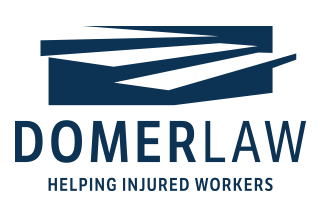The Mayo Clinic says that “post-traumatic stress disorder (PTSD) is a mental health condition that’s triggered by a terrifying event — either experiencing it or witnessing it.” Some of its common symptoms are heightened fear, depression, anxiety, intrusive thoughts, nightmares and more.
When a workers’ compensation case involves PTSD, it can make healing and a return to work difficult in a number of ways.
“Studies show that injured workers with a diagnosis of PTSD have more days of missed work, more medical visits and increased rates of unemployment,” said a senior vice president at an insurance services company.
Examples of PTSD in workers’ comp
A recent article on PSTD pointed to a couple of examples of how the disorder can come to be a central part of workers’ comp claims: a worker involved in an incident of workplace violence, such as a teacher who witnesses a shooting or a bank teller who experiences armed robbery or a first responder who is involved in or witnesses a violent incident.
PTSD can be the primary injury in some cases (such as the teller and teacher examples) or it can be a secondary effect of a physical injury.
More examples
Another group of workers are also susceptible to PTSD: those who’ve been involved in a catastrophic work accident, those who’ve sustained TBI (traumatic brain injury) and those who suffer from chronic pain.
Experts say PTSD can have several negative effects on injured workers, including triggering nightmares, flashbacks and fear that make it difficult for the injured worker to follow treatment plans.
We will have more on PTSD and workers’ compensation in an upcoming post. Please check our Wisconsin Workers’ Compensation Law Blog again.


